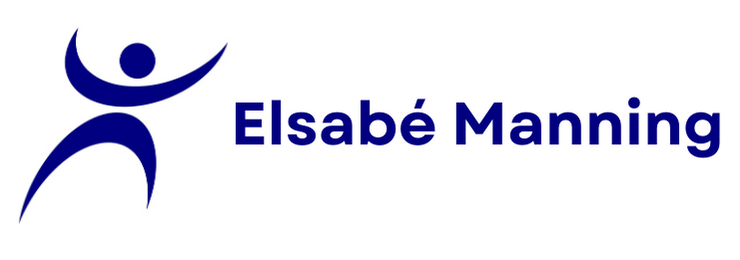Critical thinking is the objective gathering and analysis of facts to reach conclusions and form unbiased judgments. Critical thinking requires emotional intelligence, good communication skills, self-discipline, problem-solving and analytical skills, logic, patience, tolerance and the ability to understand the information you gather, and to learn. At the heart of critical thinking is the ability to reason objectively using good analytical skills in order to solve problems and to overcome obstacles.

Critical thinkers resist being influenced by their own preferences and weaknesses because it may impact their decisions and thinking. They question assumptions, ideas and arguments and scrutinise proof of others’ findings.
Your emotional state may influence your thinking and ability to focus on the issues at hand. Strong emotions such as anger or sadness may prevent you from being fully present in the moment.
Do the following:
- Define the outcomes that you are trying to achieve. All possible solutions should be considered with the outcomes in mind.
- Use as many sources as you possibly can and gather as much factual, reliable information from them as possible. Don’t argue with sources – just ask a lot of pertinent questions.
- Test your assumptions. Are you influenced by your own prejudices, values, weaknesses or preferences? If so, drop your assumption and refocus so that you can be objective.
- Look for relevance when presented with ideas, arguments, findings and assumptions.
- People’s assumptions are based on their own beliefs, values, culture and past experiences, so don’t get caught up in someone else’s assumptions and preferences.
- Look for inconsistencies and mistakes and discard useless information.
- Assess facts – look for proof and determine whether the information is valid.
- Identify weaknesses in arguments and focus on facts and outcomes. Does the argument hold water? If no proof is found or if the source’s information is unreliable or they cannot justify their argument, don’t use the information.
- Be systematic and structured when gathering information and considering alternatives and solutions.
- Use consequential thinking skills to determine possible implications and the impact of decisions. Ask: “What are the consequences of doing it this way?” and “What are the consequences of not doing it this way?”
Elsabé Manning
